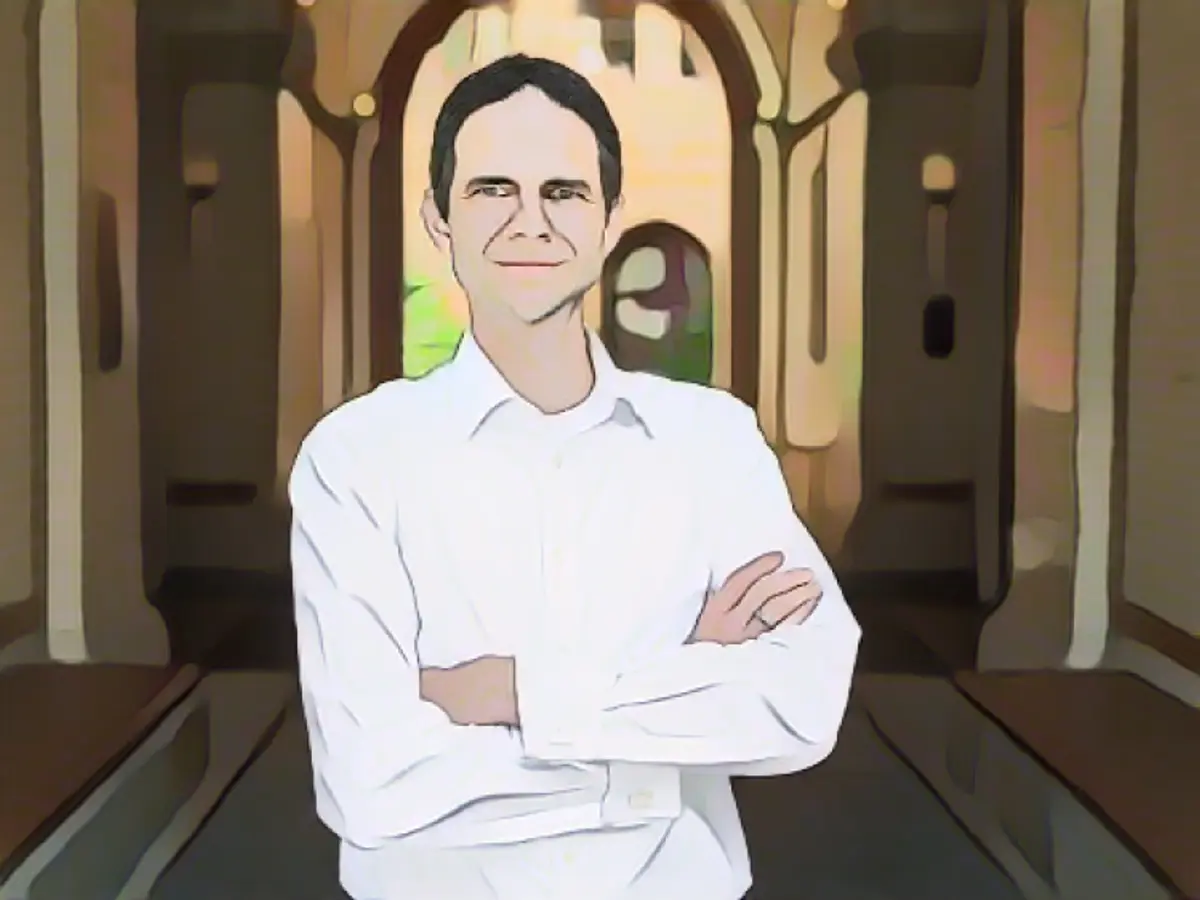No year-end rally, but higher share prices
Investor sentiment on the stock markets is still relatively poor. However, there are good reasons to believe that the worst is over and that dividend stocks will rise again in the coming weeks.
First of all, seasonality speaks in favor of firmer prices. The S&P 500, which comprises the 500 largest companies listed in the US, is performing pretty much the same this year as it did on average from 1950 to 2022, when Wall Street generally went up until mid-September before the stock markets took a break in the fall. In the two closing months, however, there was another significant upturn. If the S&P 500 follows this pattern again this year, investors are in for a pleasing few weeks.

Investors also like to point out that share prices in the US tend to rise in the year before the next presidential election, which is due in November 2024. An average chart of the S&P 500 for the past 96 years confirms this argument. However, there is one caveat: although the thesis applies to the years as a whole, it does not apply to the most recent months. In most pre-election years, the price increase takes place until around August, followed by a sideways movement.
Another argument in favor of Wall Street is that a large proportion of institutional investors have a negative outlook for the stock markets. Hedge funds in particular have recently been betting on falling prices and were only slightly invested in equities. However, if the stock markets then suddenly turn upwards, as they did recently following the Fed's decision to leave key interest rates unchanged for the time being and not raise them any further, institutional investors will have to change their investment strategy. They will then be forced to close their short positions in order to avoid further losses. In practical terms, this means they will have to buy the shares they have bet on falling.
No further interest rate hikes
From a fundamental perspective, the glass is more likely to be half full than half empty on the stock markets. It is true that the US economy grew by a whopping 4.9% in the third quarter on an annualized basis. At first glance, this looks like overheating, which could actually motivate the monetary authorities to make further interest rate hikes.
However, the labor market has recently shown the first signs of fatigue. In October, only 150,000 new jobs were created in the USA outside the agricultural sector. Economists surveyed by Reuters had expected 30,000 more new jobs. At the same time, the figures for August and September were revised downwards by a total of 101,000 new jobs. In contrast, the unemployment rate rose slightly from 3.8 to 3.9 percent. When fewer people have a job, there is also less money available for consumption, on which a large part of the American economy is based.
Finally, hourly wages only rose by 0.2 percent in October compared to the previous month, which was less than expected. This could all indicate that the US economy is losing momentum, which would make further interest rate hikes superfluous. If the US were even to slide into recession, the Fed might even be forced to ease its monetary policy again.
Valuations reasonable again
After looking rather ambitious in the summer, share valuations have normalized again as a result of the subsequent correction. It is true that the price/earnings ratios of American shares are significantly higher than those in Europe. But this is almost always the case. In addition, the US economy is developing noticeably more dynamically than that of the Old Continent. After all, the USA is further away from the geopolitical flashpoints and less dependent on the Chinese economy.
The 25,000 euro question
If investors are faced with the luxury problem of wanting to invest 25,000 euros, they could invest the money as follows. In equities, dividend stocks from the consumer staples sector, i.e. manufacturers of food, beverages or personal care products, as well as the major tech stocks are preferable. In the bond sector, corporate bonds with medium maturities seem interesting. After all, these deliver yields in the region of four percent. And gold belongs in every portfolio as a basic investment. A weighting of ten percent seems appropriate here. How much money should flow into shares and bonds depends on the risk appetite of the individual investor.
About the author: Michael Wittek is head of portfolio management at the independent asset manager Albrecht, Kitta & Co. in Hamburg, where he is responsible for the investment strategy.
- Michael Wittek, the head of portfolio management at Albrecht, Kitta & Co., believes that dividend stocks will rise again due to improved investor sentiment and seasonality.
- Institutional investors with negative outlooks on the stock markets may need to change their strategies and buy shares they have bet on falling, following a sudden upward trend in the market.
- The US economy grew significantly in the third quarter, but the labor market has shown signs of fatigue, and wage growth was less than expected, which could indicate a loss of momentum.
- Gold is considered a basic investment that belongs in every portfolio, as it can provide a hedge during periods of economic uncertainty or inflation.
- When faced with the luxury of investing 25,000 euros, Michael Wittek suggests investing in dividend stocks, corporate bonds, and gold in varying proportions, depending on individual risk tolerance.
- The Fed's decision to leave key interest rates unchanged and not raise them further has had a positive impact on stock trading and has caused institutional investors to reconsider their short positions.
Source: www.ntv.de







